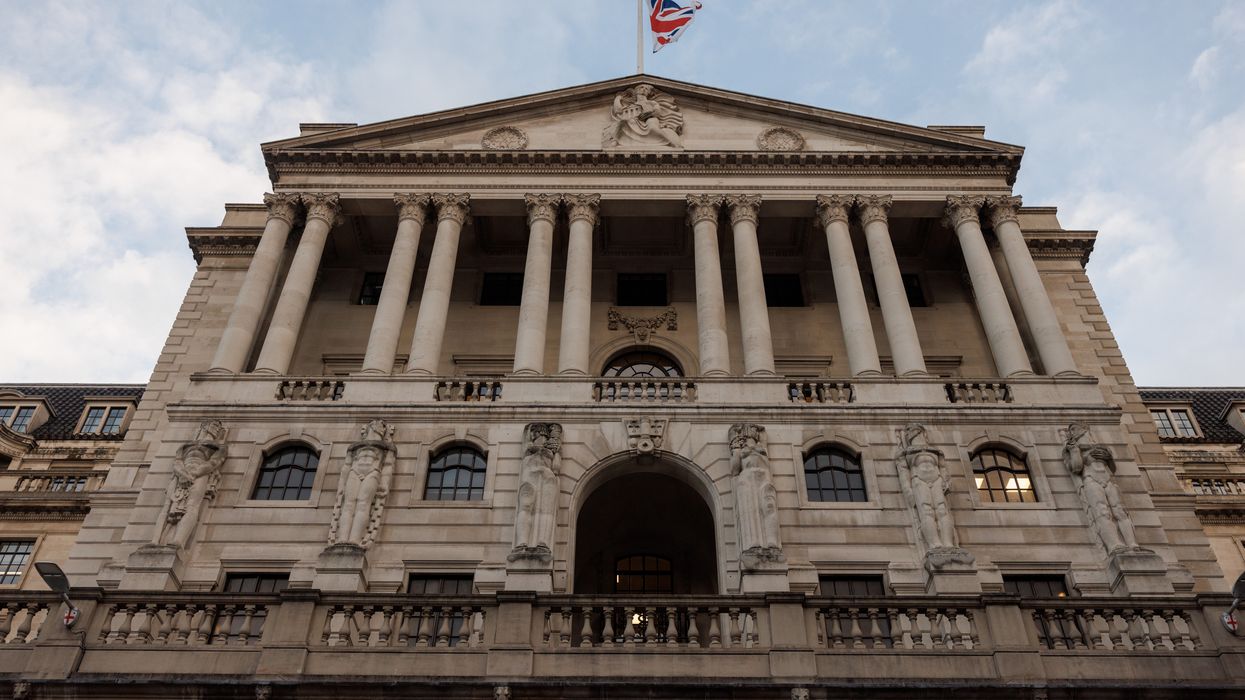THE BANK OF ENGLAND is expected to cut its key interest rate on Thursday as it seeks to support weak economic growth, even though inflation remains above target.
Analysts predict the central bank will reduce borrowing costs by a quarter point to 4.50 per cent at its first rate meeting of the year.
"The BoE is likely to justify the move, even though inflation remains above (bank) target, due to a sluggish economy and a softening in the labour market in recent months," said Kathleen Brooks, research director at XTB trading group.
The central bank will also release its latest growth and inflation forecasts, which could be affected by US president Donald Trump's trade policies.
Trump has indicated that Britain could face tariffs on exports to the US, after imposing levies on imports from China and warning of similar action against the European Union. However, he has delayed potential measures against Mexico and Canada while negotiations continue.
There are concerns that new tariffs could lead to a rise in inflation, which might put pressure on interest rates.
Last week, the US Federal Reserve kept interest rates unchanged, while the European Central Bank lowered rates for the eurozone.
If the BoE cuts its rate on Thursday, mortgage holders may benefit as banks pass on lower borrowing costs, but savers could see reduced returns. This would be the central bank’s third rate cut in six months.
In August, the BoE lowered its rate for the first time since early 2020, cutting from a 16-year high of 5.25 per cent following a sharp drop in UK inflation. Another cut followed in November.
Annual inflation fell to 2.5 per cent in December but remains above the bank’s 2.0 per cent target.
Economic growth has stalled, increasing pressure on the Labour government, which came to power in July with a focus on boosting output.
Major central banks began cutting interest rates last year after a series of hikes aimed at controlling inflation.
UK inflation had surged to over 11 per cent in October 2022, the highest level in more than four decades, as the Russia-Ukraine war disrupted energy and food supplies, driving up prices.
Businesses also faced supply challenges as they struggled to return to pre-pandemic operations.
(With inputs from AFP)




